Accessibility in The South Downs
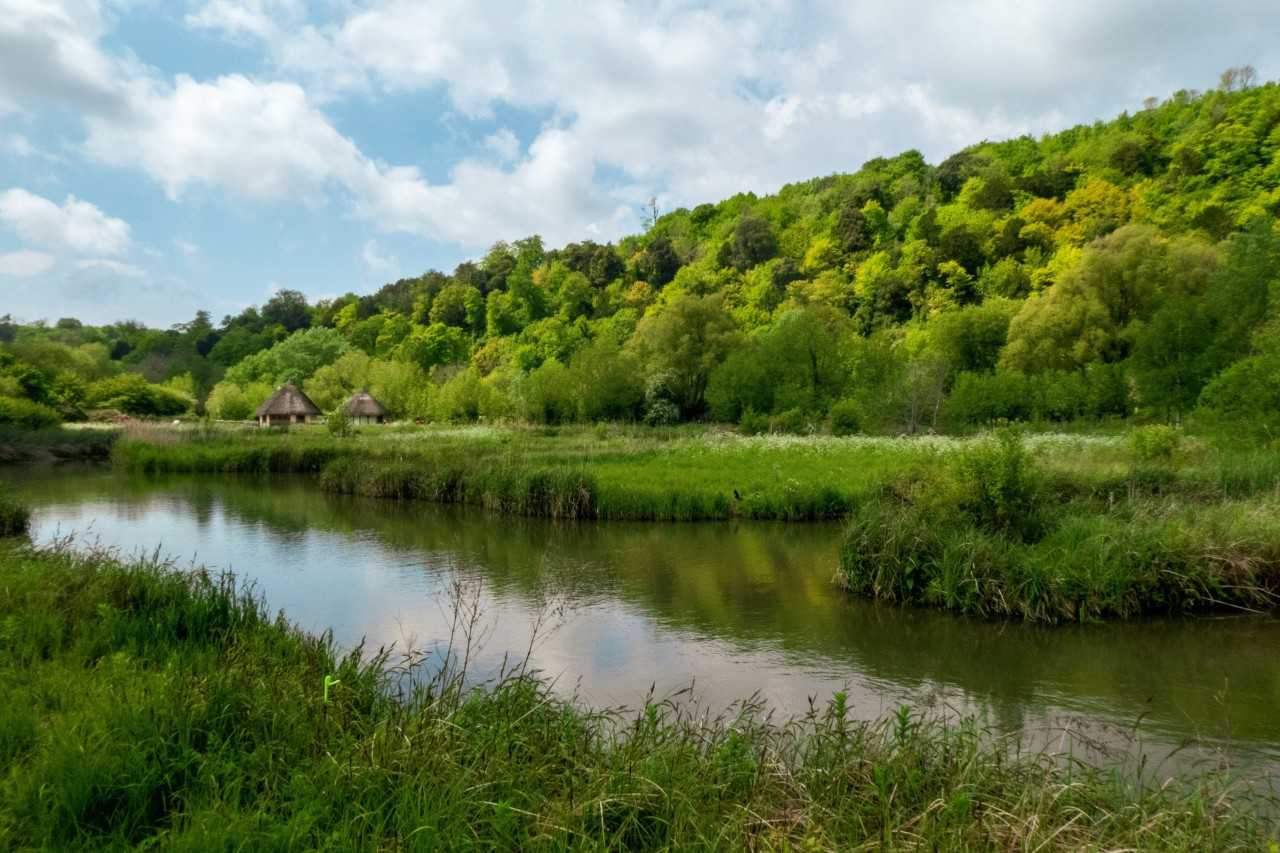
Do you have a disability, or are you planning to visit the South Downs with someone who has access needs? England’s newest national park has lots of great things to see and do that will meet your accessibility needs, from walking routes that can be enjoyed by all to inclusive attractions and days out.
Read on to find out more about where you could go and what prior planning to undertake to make sure your visit runs smoothly. You’ll also find out more about accessible accommodation options throughout this pretty stretch of South East England – whether you’re looking for coast or countryside, you’re sure to find a place to stay in the South Downs that ticks all your boxes.
Accessibility on the South Downs Way
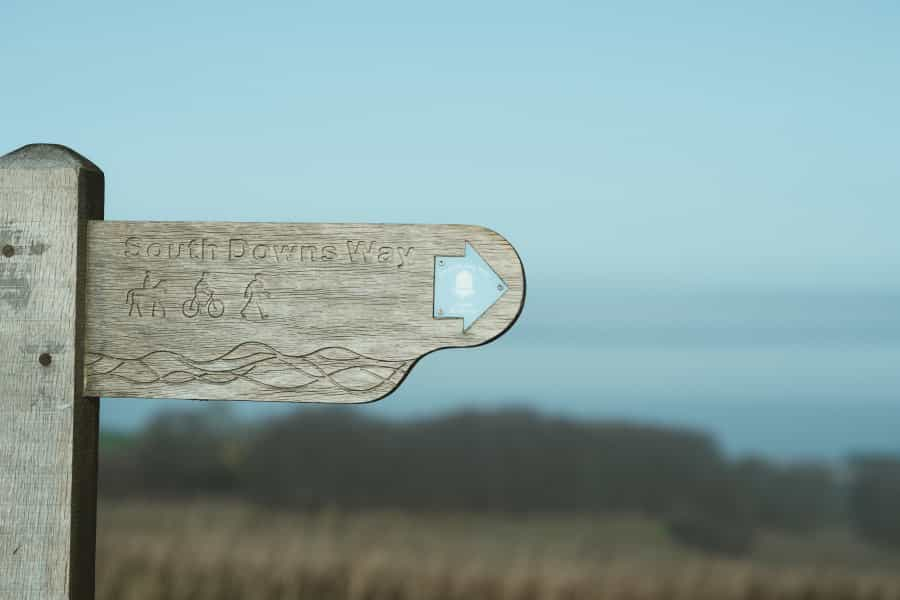
The South Downs Way
Start: Winchester, Hampshire
End: Eastbourne, East Sussex
Distance: 100 miles (160 kilometres)
Map: Interactive map and GPX downloads on National Trail website
Stretching across the entirety of the South Downs, this ambitious route is more accessible than you might think. If you are a wheelchair user and happy to use a motorised tramper-style vehicle, it is possible to complete the entire length of the trail in about a week.
Off-road wheelchairs are available to hire at various points along the route, and there are lots of places to stop to camp along the way. Accessible public transport options are available and serve much of the route, and the national park authority has even produced a handy guide to help you get from A to B.
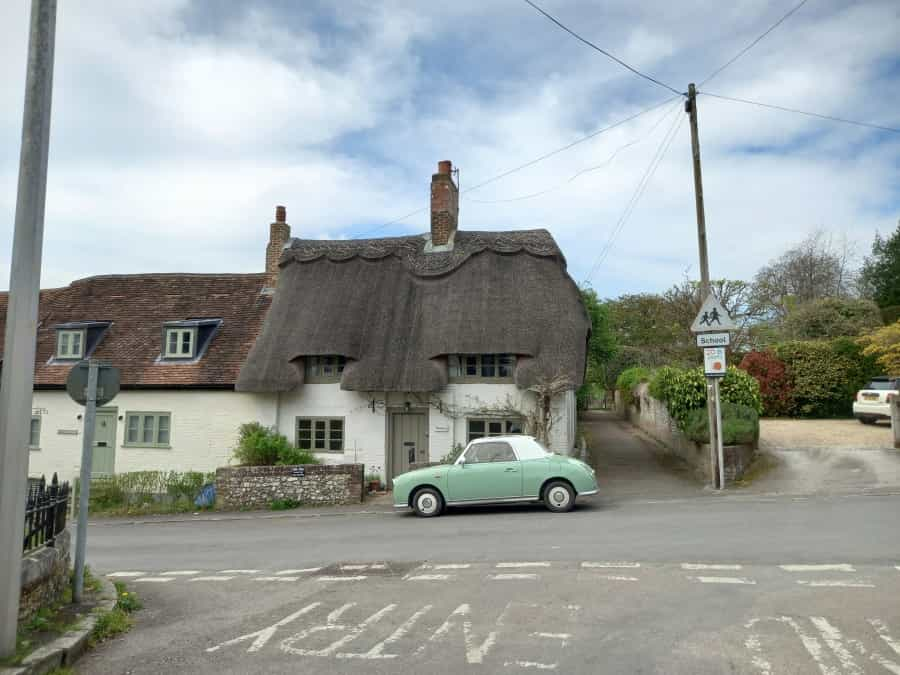
Accessible South Downs walks
Meon Valley Trail
Start: West Meon
End: Wickham
Distance: 11 miles (17.5 kilometres)
Map: PDF leaflet available on the national park website
Running along a disused railway line, the Meon Valley Trail is a flat and wide trail stretching for 11 miles through some of Hampshire’s most attractive scenery. Passing through traditional villages and gentle countryside, the trail passes several areas of rare chalk stream, a delicate and rare habitat (85% of the world’s chalk streams are in England, and most of these run through Hampshire).
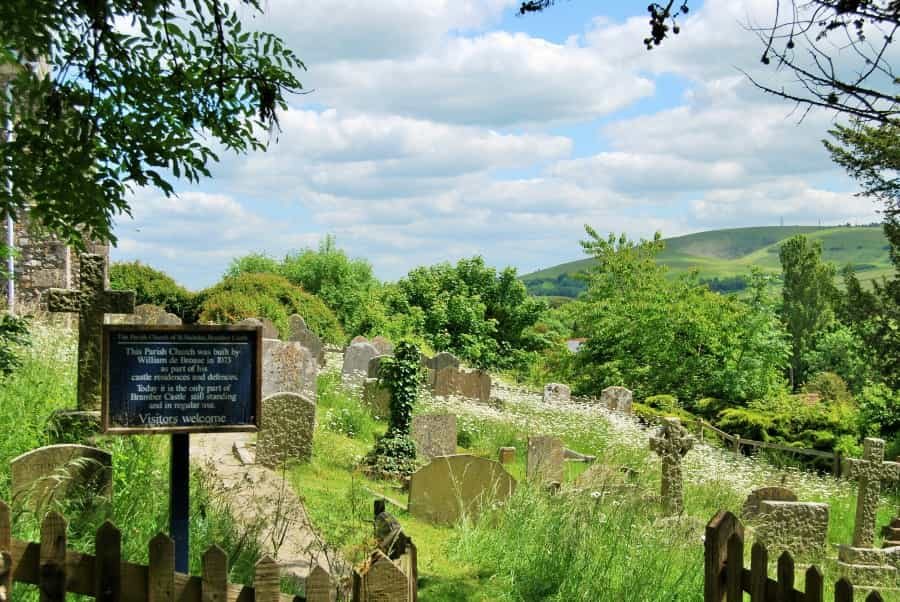
Bramber riverside walk
Start/end: St Mary’s House, Bramber village centre
Distance: 2.2 miles (3.6 kilometres)
Map: PDF leaflet available on the national park website
This short walk through the historic West Sussex village of Bramber sticks close to the river Adur (keep an eye out for herons and kingfishers by the water’s edge), with great views over the South Downs countryside and Bramber's medieval castle. It's a linear walk (the distance shown is the route's length there and back) that is fully accessible throughout, with gentle gradients and smooth surfaces.
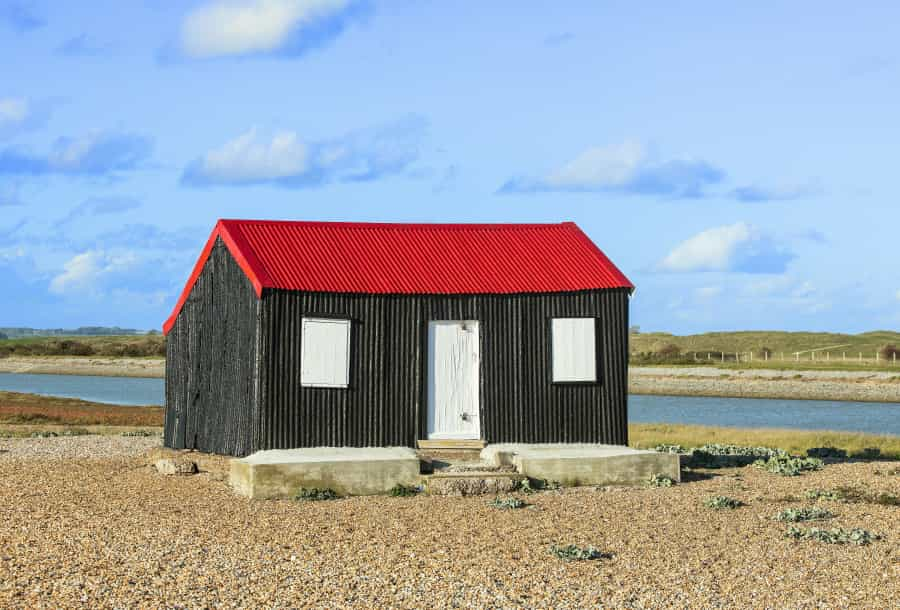
Rye Harbour rambles
Start/end: Rye Harbour village car park, West Sussex
Distance: Various short routes available
Map: Basic map available on the Sussex Wildlife Trust website
From Rye Harbour village car park, take any one of the several wheelchair-accessible trails to the many nature-viewing areas and bird hides around Rye Harbour. This stunning nature reserve has a great mix of wetland habitats to explore, whether you’re coming for just a short stroll or to spend several hours in search of wildlife.
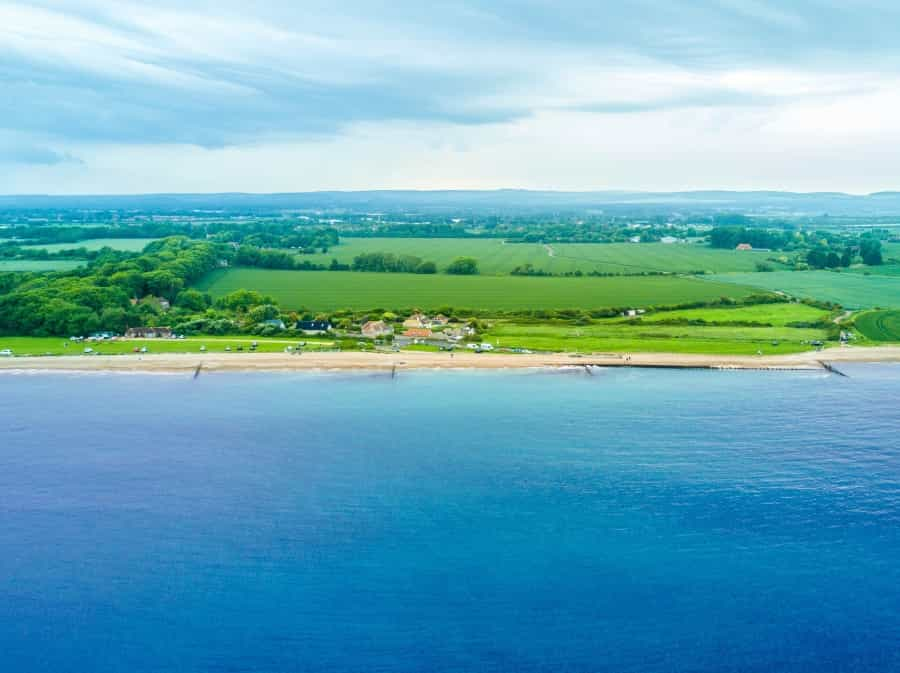
Accessible beaches
Many coastal areas of the South Downs have good facilities and accessibility. We’ve included some of our favourites below.
-
Littlehampton – accessible promenade, accessible parking, accessible toilets and a good range of facilities (shops, cafés etc.) that are well set up to welcome wheelchair users.
-
West Wittering – good parking, accessible toilets at each end of the beach (accessible with RADAR keys, available from the office on site if you don’t have your own) and beach wheelchairs (free of charge, with a refundable deposit) to help you enjoy the sand.
-
Seven Sisters Country Park – accessible walk along the valley floor to the pretty shingle beach and Cuckmere river (mobility scooters available to borrow for free).
-
Brighton Beach – while technically outside of the national park, Brighton’s seafront is a fantastic place to visit if you have restricted mobility. As well as the traditional Victorian promenade and its sea views, the council has installed accessible viewing platforms and rubber matting to help those with impaired mobility get down over the pebbles to the water. Clear signage is in place to help visitors with disabilities find the best places to explore.

Accessible attractions and activities
Looking for more things to see and do in the South Downs? With historic days out, inclusive sports and lots of accessible family-friendly activities, you won’t be short of options.
-
Focusing on history and heritage? Visitors with disabilities have great access to the majority of Arundel Castle and its gardens (check out its accessibility statement before you visit).
-
Winchester Cathedral and its surrounding streets are also worth a visit – wheelchair users have access to the cathedral's ground floor (but not the crypt) as well as to the café and toilets.
-
After something more active? A range of accessible bikes are available to hire from Cuckmere Cycle Company.
-
For a relaxing couple of hours on the water, book a cruise on the Chichester Ship Canal, where there’s space for up to two wheelchairs on each vessel. Each cruise is run by volunteers, who will tell you about the history of the local area as you sail through this historic city.
-
Marwell Zoo near Winchester is a great day out for all the family, including guests with disabilities. Set in 140 acres of Hampshire countryside, there are lots of animals and birds to see here, and the paths between the enclosures always have a gradual option to help people using wheelchairs or who otherwise find hills a challenge. Each paying guest who has a disability can bring a carer along for free, and there’s accessible parking right by the ticket office.
Accessible places to stay
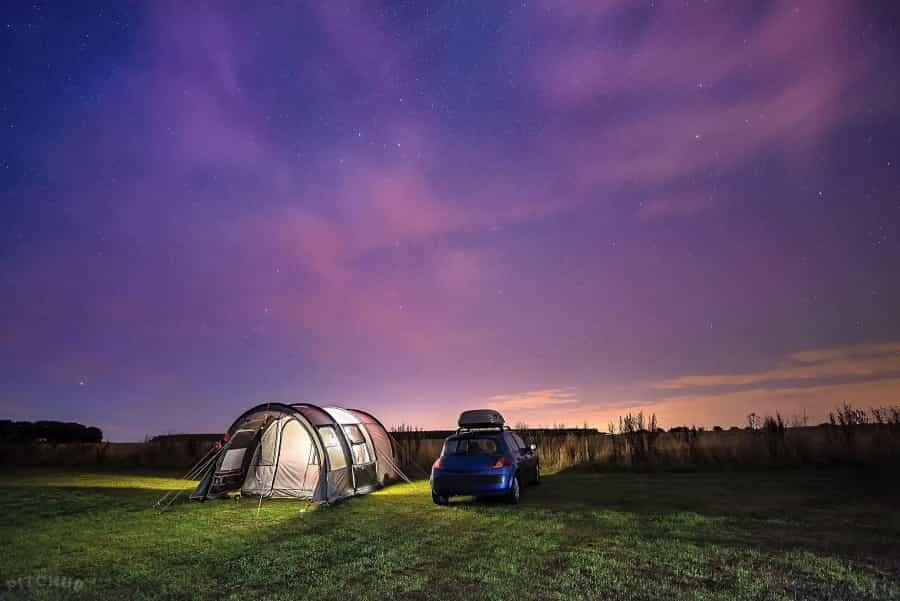
With a wide range of outdoor accommodation options throughout Hampshire, East Sussex and West Sussex, make Pitchup your first port of call when it comes to finding camping or glamping holidays in the South Downs National Park. Several of our sites in the South Downs have accessible facilities, including the Aldingbourne Trust, an award-winning local charity helping people with autism to live independent lives.